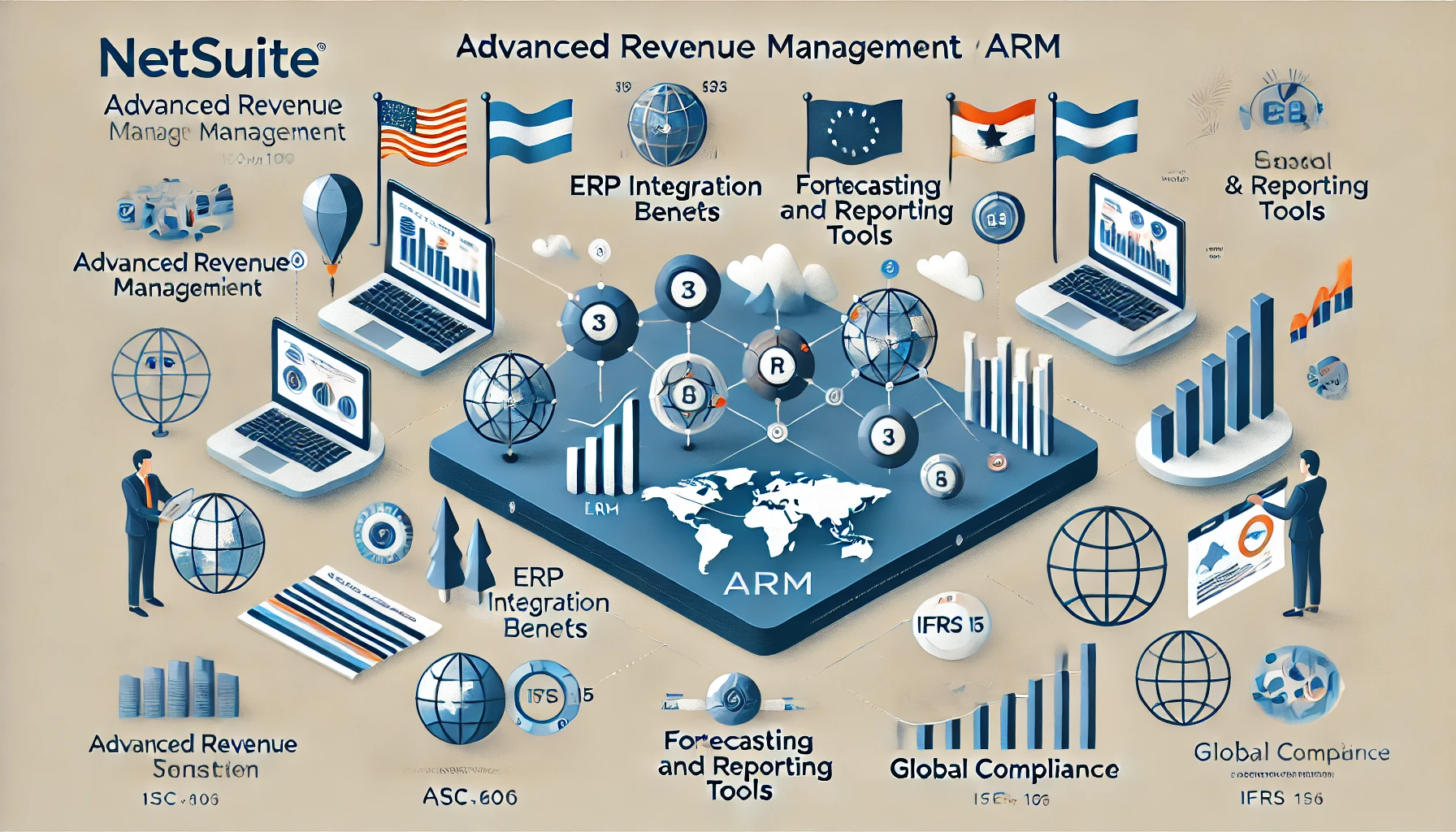Table of Contents
ToggleWhat are the Member Values for User Variables in NetSuite ERP
In NetSuite ERP, user-defined or user-specific variables can be created to store and reference custom values. These variables are often used in scripts, workflows, or SuiteTalk (NetSuite ERP web services) operations to provide dynamic and personalized functionality. The actual member values for user variables depend on how you define and use them within your NetSuite ERP account.
User variables act as filters that enable users to focus only on certain members, such as a department.
To administer the user variables, click the Navigator icon , and select Variables. The User Variables tab appears by default.

If you have the Administrator role, you can select the valid members for the user variable in the User Variable Definition column. The members that you specify limit the members that users can select when they assign a value to the user variable in User Preferences.

The following table lists all user variables to set, and sample member definitions:
Dimension | User Variable Name | Sample User Variable Definition |
Item | Item Type | IDescendants(NSP_Total Item) |
Period | Reporting Period | IDescendants(TotalYear) |
Relationship | Customer Category | IChildren(NSP_Total Customer) |
Version | Set Version | NSP_Base |
When working with user variables in NetSuite, it’s essential to follow the specific syntax and rules for each variable type. Additionally, the values stored in user variables can be set dynamically based on the context of a script, workflow, or other processes.
To find the specific member values for user variables in your NetSuite account, you may need to refer to your account’s SuiteScript documentation, SuiteAnswers (NetSuite’s support knowledge base), or contact your NetSuite administrator. The actual member values will depend on your account’s customization, including custom fields, records, and scripts you’ve implemented.



